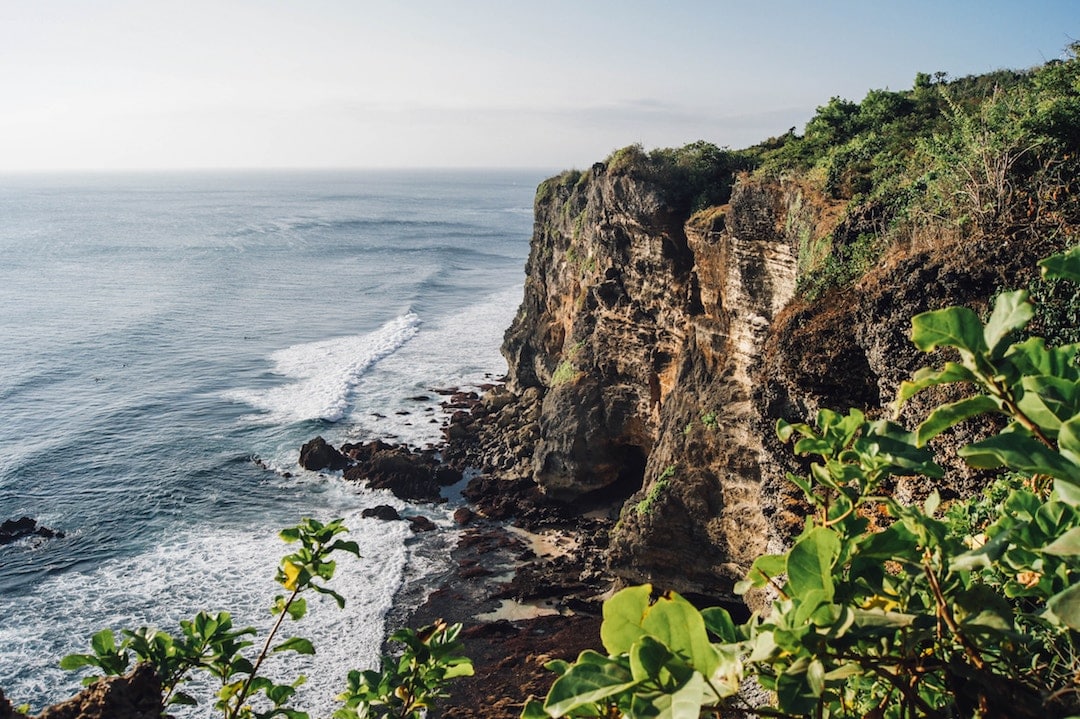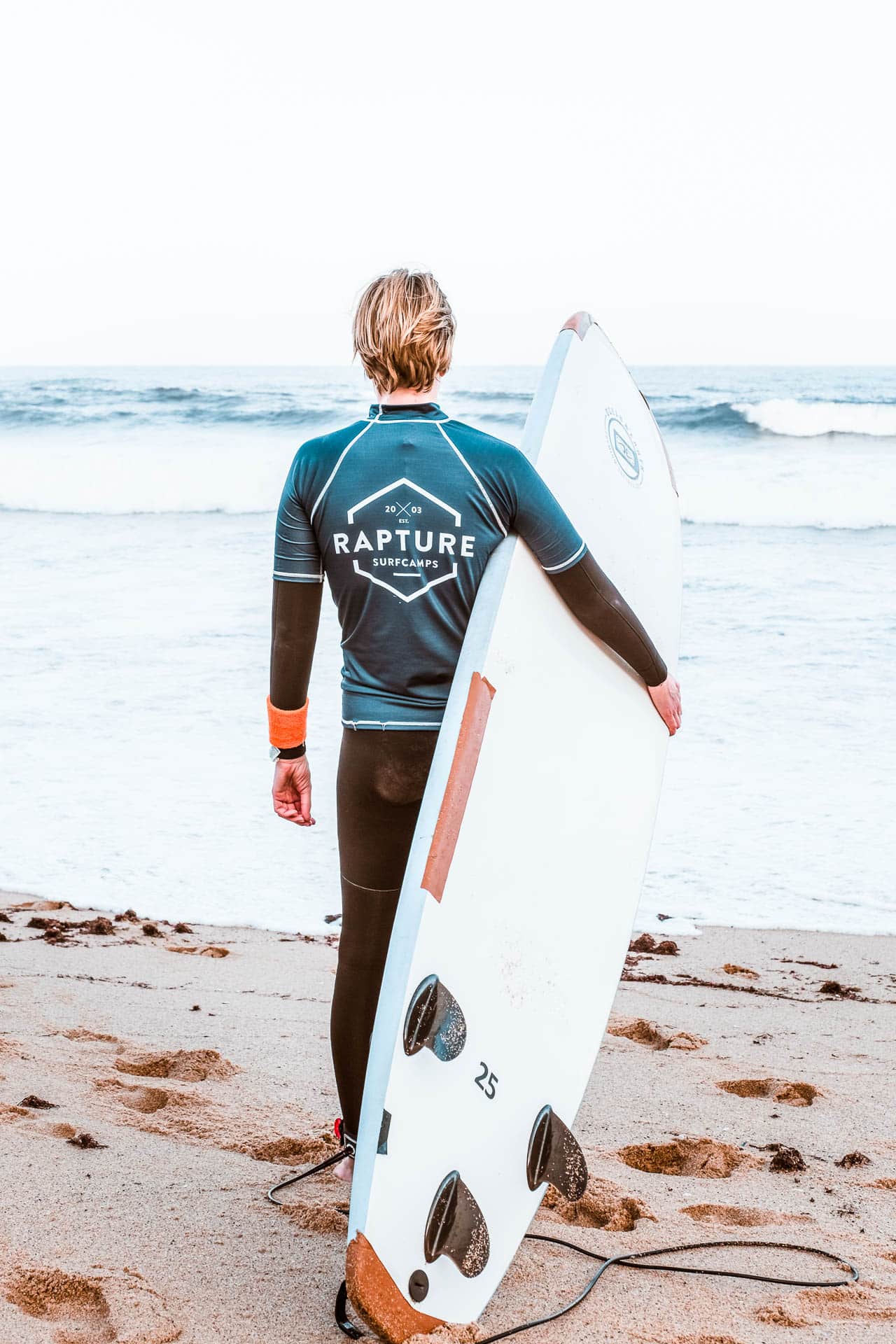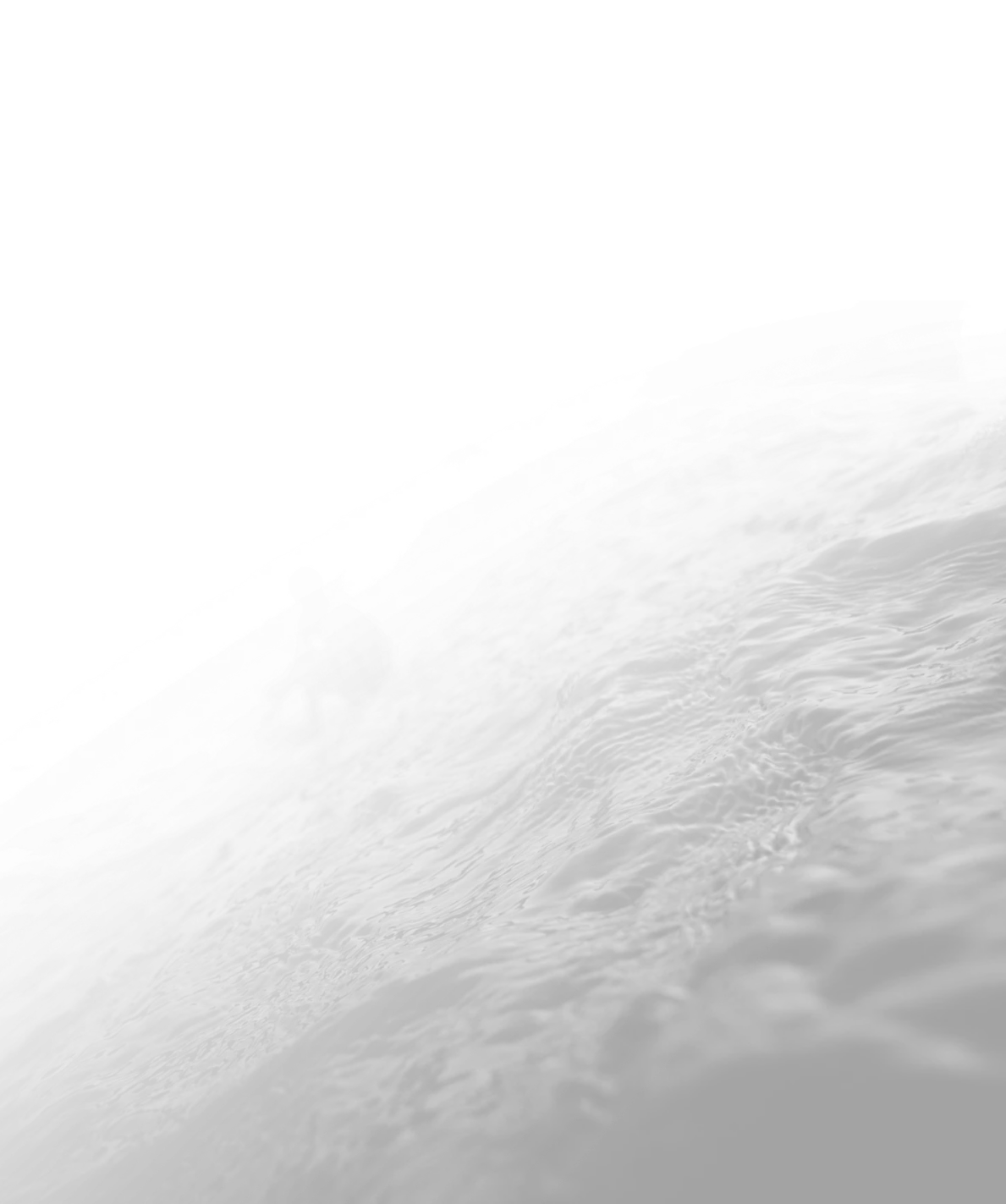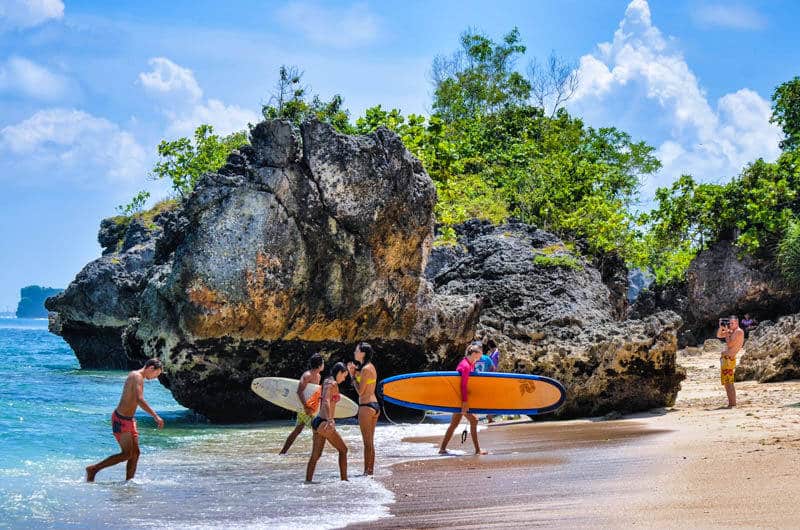
With its lush jungles, world-class waves, and incomparable surf atmosphere, Bali beckons as one of the most desirable learn-to-surf destinations in the world. The fact that no matter what your skill level is when you arrive, you will undoubtedly leave a better surfer is also a massive drawcard. The sheer number of beginner-friendly surf camps in Bali and the variety of stay and lesson options it has makes it ideal for everyone from novices to advanced surfers.
For many first-time surfers, these factors make Bali the preferred port of call when they decide to learn the ropes. Who wouldn’t want to surf on a dreamy Indonesian island for their first session, right?
Read on if you’d like to make the most of your Indonesian wave-catching adventure and let us know in the comments if you have any travel tips you’d like to share.
1. Get your Passport and Visa Sorted
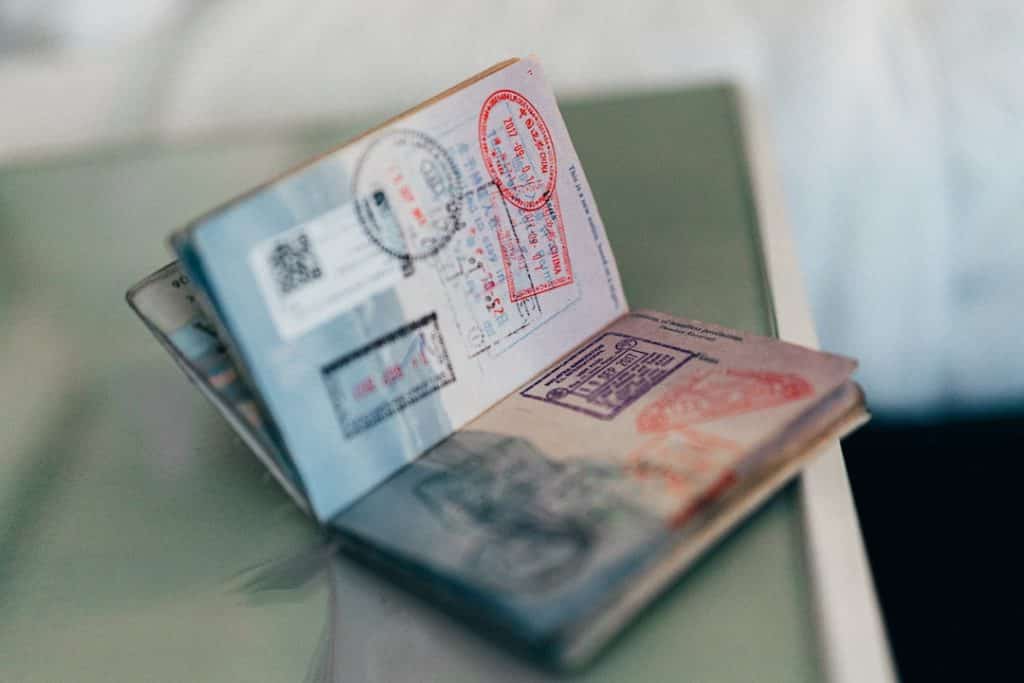
What goes for Balinese tourist visas one month might be completely different the next month. This can make working out whether you require a visa on your learn-to-surf trip to Bali a massive headache. As a safeguard, it’s best to check the rules with the Indonesian embassy in your country during the early stages of the planning process.
At the moment there are over 160 nationalities that don’t need to pre-apply for a Balinese visa. This means that people from these countries are eligible for a free 30-day visa upon arrival which can then be extended another 30 days at an Indonesian immigration office or via a local travel agent. The penalty fee for overstaying your visa is IDR 1,000,000 per day, which works out to be about USD 70. When it comes to your passport, it must be valid at least 6 months from the day of arrival – no exceptions.
2. Book an Airport Pick-up Service in Advance

After the thick and humid air, the second thing you’ll notice when exiting the airport is an army of taxi drivers waiting to take your fare. They’ll promise cheap rides to just about anywhere on the island and even offer to help you with your gear. Without trying to sound too conspiratorial, most of these overzealous taxi drivers are probably just trying to take advantage of your jetlagged state and charge you almost double what you should be paying.
Our advice? If you’re arriving in Bali on your first ever learn to surf trip, arrange transport from the airport to your accommodation in advance. This way you can avoid being fleeced at the airport. Better yet, stay at our Cliff or Padang Padang surf camps and we’ll arrange a van to pick you up and drop you offer – simple!
3. Don’t Forget Travel Insurance!
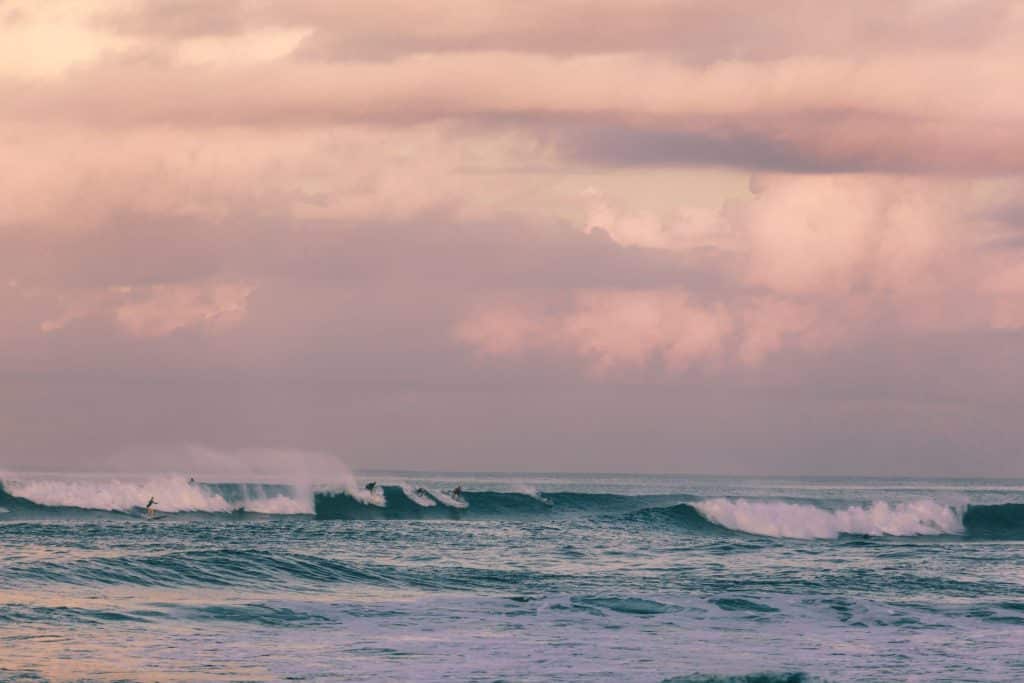
While many may not consider travel insurance, you are surfing in Bali, we highly recommend getting one. In fact, we recommend you to get it even if you have no plans of surfing in Bali.
With travel insurance, you can hit the Balinese class waves with peace of mind and actually enjoy your first surf trip to Bali. Without having to worry about what you would do if things go wrong.
Travel insurance protects you against minor slights such as lost or stolen baggage and flight cancellations. In addition to covering you for any unexpected medical costs, you may encounter while abroad.
Consider the fact that while you may be insured against a small medical emergency in your own country, an issue of the same severity in Bali for someone without travel insurance could end up costing you your holiday budget, all your savings, or even your parent’s savings in extreme cases.
When buying travel insurance, aim for a plan that’s surfer-friendly. This means it should cover medical expenses, evacuations, and also your surfboards. In face, a lot of surfing camps in Bali like Rapture Surfcamps require you to have a travel insurance to stay at their properties.
4. Get Familiar with the Local Currency

Knowing what the local currency is and the exchange rate relative to your own currency is essential when learning to surf in Bali. Called Rupiah but abbreviated to Rp., the Indonesian currency looks totally different from many other currencies and it can, therefore, be tricky to wrap your head around.
Your best bet is always to change a bit of cash before you jet off to avoid the inevitable ATM raid at the airport, which is just another thing to deal with when you’re jetlagged. Then when you’re finally at your accommodation, ask your fellow guests for a reliable money changer close by. They’ll hopefully have someone in mind that won’t swindle you.
Of course, some people will tell you to change your money at the airport as soon as you arrive. This is a good option if you’re only exchanging a small amount, but you’ll find better rates in town. If in doubt, talk to one of the friendly staff members at the surfing camps or Balinese villa you are staying at. They’ll sort you out with a trusted money changer in no time at all.
5. Don’t let the Fear of “Bali belly” Dampen your Experience

Worried that you’ll spend most of your surf trip to Bali on the toilet? There’s really no need to stress. The dreaded “Bali belly” isn’t as pervasive as it once was. In the past, ice cubes, salads, fruit, and some meats were considered a no, no.
With the rapid rise in international tourists though, Balinese hygiene standards in the main areas have also improved. Now you can find great organic produce and quality meals in just about every café and restaurant. Of course, there’s always going to be one dodgy meal out of every 1,000 and the tap water in Bali is pretty questionable. So if you do start to feel crook, take some antibiotics, drink plenty of water, and hope for the best. Chances are it’ll pass within 24 hours at the most.
6. Research Surfing Camps before you Arrive
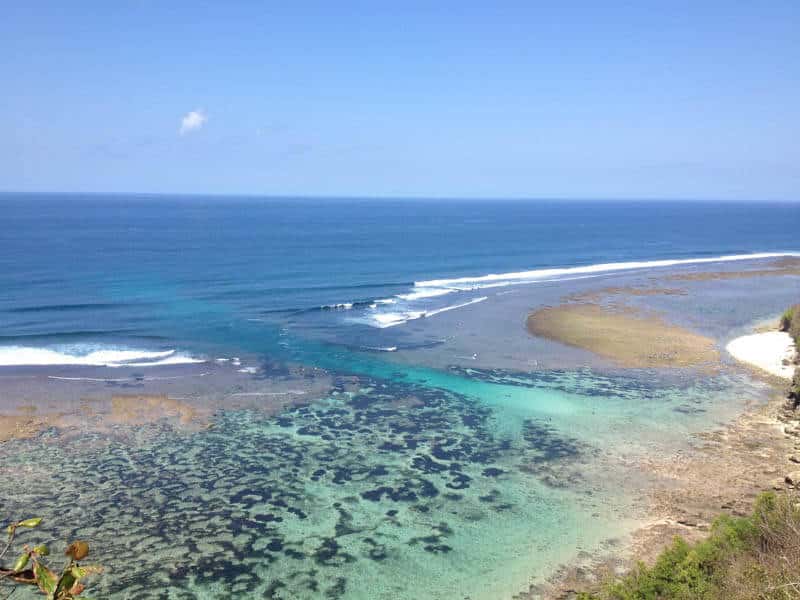
Want to book a surf trip to Bali but don’t know where to stay, how to go about renting a surfboard, or where the heck the best beginner waves are? No worries. If you arrange a stay with Rapture Surfcamps Bali we can look after all of your surfing needs. From shuttles to and from the airport to surf lessons and yoga sessions, we offer an authentic surfing experience for all – beginner, intermediate and experienced surfers.
Our camps are also open all year round and we can even organize local trips around Bali to places such as Ubud, Kintamani, and Tanelot to name a few. In addition, our surf guides can show you the ropes when it comes to surf spots in Bali. Taking you to all the best breaks and getting you in the lineup before the crowds arrive.
By booking a surf camp before you arrive, you’ll take a lot of the pressure of sorting everything out upon landing. You can then simply roll up and kick back and let us do all the hard work. While you make the most of your time surfing in Bali.
7. Be Prepared with a List of Flat-day Activities

We’re proud to say that Bali is one of the most consistent places for green waves on earth. With a couple of different beaches to choose from and numerous nearby islands to explore, finding the perfect waves here is much easier than putting on a leg rope.
That being said, there will be days when the wind is onshore, the swell is from the wrong direction or you’re just so surfed out that you couldn’t possibly paddle more than 10 meters without falling asleep.
When these days come along, a learn-to-surf trip to Bali can be the perfect opportunity to check out the rest of this beautiful island. A traditional Balinese massage for one is the perfect way to rejuvenate your body, or you could try something a little more extreme such as whitewater rafting the Ayung River.
If you want to stay in the water but aren’t too keen on surfing, there are also countless snorkeling and diving locations to check out. The remote island of Menjangan, in particular, has reefs that are totally untouched. While Nusa Lembongan is celebrated around the world for its thriving marine life and is the perfect spot to enjoy Bali’s diverse aquatic beauty.
Rides through the Jatiluwih rice fields, hikes up the volcanic Mount Batur, and tours of the countryside are some other activities that might appeal to the curious traveller. And if you don’t feel like doing anything at all, just chill in the swimming pool at your stay (if it has one). So before you book your tickets to go surfing in Bali, research a few flat-day activities that you’d like to try out.
8. Brush up on your Bahasa

You might not know this but the Balinese language has a few key things that make it somewhat distinctive from Indonesian. Called Bahasa, Balinese Indonesian dispenses with verb conjugations and tenses, which makes it easier to learn. It does, however, have a variety of social distinctions based on a form of the caste system that you need to know if you’re serious about learning Bahasa.
For those of you who only want to know the basics, well done. It’s always great when we have guests who try to communicate in the same language as the country they’re visiting, even if it’s just a few words. Check out this handy guide for an introduction to Balinese if this sounds like you. If you’d prefer to speak in English though that’s also not a problem. The vast majority of Balinese speak enough English to converse with you and more importantly to barter with you. This would make sure that surfing skills are not the only skills you are taking back after your surf trip to Bali.
Additional Travel Tips when Surfing in Bali
- Smile and be friendly in the water but don’t smile too much or people will think you’re up to something.
- Take only your cash and maybe your phone when you go out partying at night. Bali has been known to bring even the best ravers undone.
- Wear a helmet when riding your bike.
- Drink plenty of Bintangs, but stay away from Arak.
- Get out of your comfort zone and meet new people.
- Take earplugs, cable ties, and some Vaseline for rashes.
- Don’t rely on the swell forecast to tell you what the waves and surfing conditions are like, go check them yourself.
- Pack for humid weather but bring some trainers for when you’re hiking or riding. If you’re female, bring a sarong too.
- Make sure your taxi driver has turned the fare meter on whenever you book one.
- Don’t be afraid to tuck into the local cuisine. If we’ve said it once we’ve said it a thousand times, homemade nasi goreng is life
Ready to put these expert travel tips to the test? Experience the thrill of your first learn-to-surf trip in Bali with Rapture Surfcamps. Book your unforgettable surf adventure today and ride the Bali waves like a pro!
Hear What Rapture Surfcamps’ Guests Have To Say
FAQs
Yes, Bali is a great destination for beginner surfers, offering a variety of surf spots with waves suitable for those just starting to learn the sport.
The best time for beginner surfers to visit Bali is during the dry season, from April to October, when the waves are generally calmer and more predictable.
Yes, beaches like Kuta, Legian, and Seminyak are popular among beginner surfers due to their relatively gentle and consistent waves. These areas also have surf schools offering lessons for beginners.
Both options are available. Many surf schools and rental shops in Bali offer beginner-friendly surfboards, making it convenient for those who prefer not to travel with their own equipment.
Yes, Bali has numerous surf schools like Rapture Surfcamps that cater specifically to beginners. These schools provide professional instructors, beginner-friendly equipment, and a safe learning environment.
